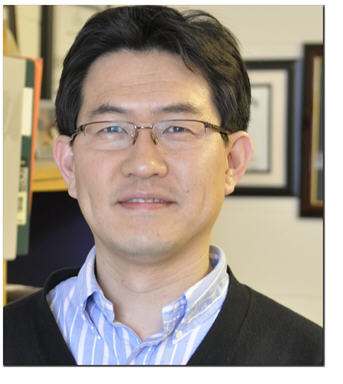
Survivors of Intimate Partner Violence Not Getting Adequate Mental Health Services
Family physicians positioned to intervene and connect survivors with needed services
COLUMBIA, MO; June 10, 2013—Although many abused women suffer from Posttraumatic Stress Disorder (PTSD) and/or depression, they are not receiving needed mental health services, a University of Missouri researcher found.
“More than half of the women participating in our study suffered from depression, PTSD or both illnesses,” said Mansoo Yu, an assistant professor of social work in the College of Human Environmental Sciences. “However, most of the survivors had not used mental health services in the past year, even though they reported having access to the services. Social stigmas, shame, privacy concerns, health care costs and lack of information may prevent survivors from getting the help they need.”
Yu, who also teaches courses in MU’s Master of Public Health Program, studied the rates of PTSD, depression and substance abuse among 50 female intimate partner violence (IPV) survivors and the types of services the women used. The majority of IPV survivors had not used any mental health services, but they reported regularly seeing their primary care physicians.
“Medical professionals are uniquely positioned to screen for mental health problems, such as PTSD, depression and substance abuse disorders among IPV survivors and make appropriate referrals to other agencies or providers for treatment,” Yu said. “Health providers play a critical role in intervening in the women’s lives and potentially helping them end the abuse.”
Yu and his colleagues also studied other services IPV survivors used. The abused women in the study reported having trouble accessing housing, legal services, crisis lines and medical care, all of which are services that contribute to the women’s safety.
“The overall percentage of service utilization is really low, but once survivors use some type of service, they believe the service to be helpful,” Yu said. “Abuse causes harm, and service providers and health professionals should strive to end abuse and the mental suffering that lingers in its wake by connecting survivors with services.”
The women in the study also reported rarely using shelters and difficulties obtaining public housing, which makes it challenging to leave abusive relationships when the women have nowhere to go, Yu said. In addition, the women were skeptical of law enforcement professionals and legal services, which also poses problems because survivors often need to use those services to file for divorces or procure orders of protection to keep them from abusers.
ARTICLE:
“Use of Mental Health Services by Survivors of Intimate Partner Violence,”Social Work in Mental Health.
Co-authors included researchers from Washington University and the University of Louisville.
